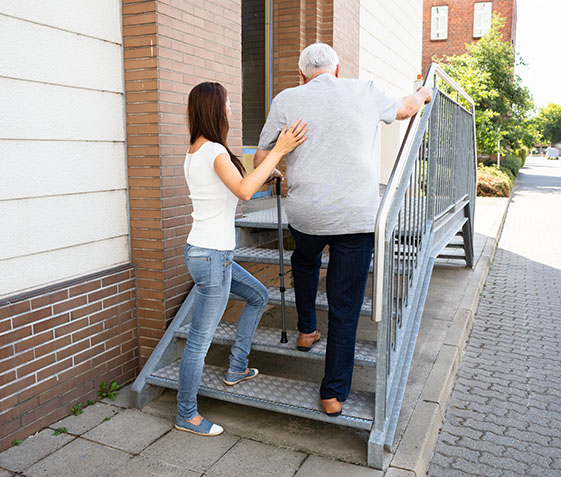Help with Benefits

Assessments for the person you care for
The person you are looking after can have an assessment no matter what their level of need or their financial means.
If they are not offered a needs assessment, they (or you) should contact the local authority and ask for one. The assessment will look at their physical, mental and emotional needs. You as a carer are entitled to be involved in the assessment.
Following the assessment, the local authority will decide whether the person you are looking after is eligible for support. Support could be provided by the local authority, or in the form of a direct payment.
Carer’s Allowance
Carer’s Allowance is the main benefit for carers. If you are looking after someone for 35 hours a week or more, you may be eligible.
Carer’s Allowance is paid at £66.15 a week. The amount paid is reviewed each year in April, but isn’t necessarily increased.
Carer’s Allowance is not a contributory benefit based on your National Insurance record. Carer’s Allowance is also not a means tested benefit and so is not based on your and any partner’s income and capital. However, there is a cap on how much you can earn from work and still be entitled to Carer’s Allowance.
Carer’s Allowance is taxable. However, carers will only have to pay tax if they have other sources of taxable income such as occupational or personal pensions or part-time earnings, and if this combined income takes them over the threshold for paying tax. Carer’s Allowance on its own is below this threshold.


Other benefits
There are many benefits and ways in which you can be helped as a carer looking after someone with Parkinson’s. Listed below are some of these and information on where to go for further information.
Attendance Allowance is available if you’re State Pension age and you have an illness or disability which means you need help with your personal care or safety.
Personal Independence Payment (PIP) is a relatively new benefit for people between the ages of 16 and State Pension age who have a long-term illness or disability. PIP has 2 parts: a daily-living component if you need help with everyday activities, and a mobility component if you have difficulty getting around.
Disability Living Allowance has been replaced for people aged between 16 and 64 by PIP for new claims. If you’re aged 65 or over, then depending on your age and situation, you might continue to get Disability Living Allowance, or you may need to claim PIP or Attendance Allowance instead.
Carer’s Credit is intended to protect the State Pension rights of carers who are not able to pay National Insurance contributions and are not entitled to Carer’s Allowance.
For further information on benefits and financial support you can also contact:
The Department for Work and Pensions, or the Social Security Agency in Northern Ireland, your local authority welfare rights office, Citizens Advice and Disability Rights UK.
